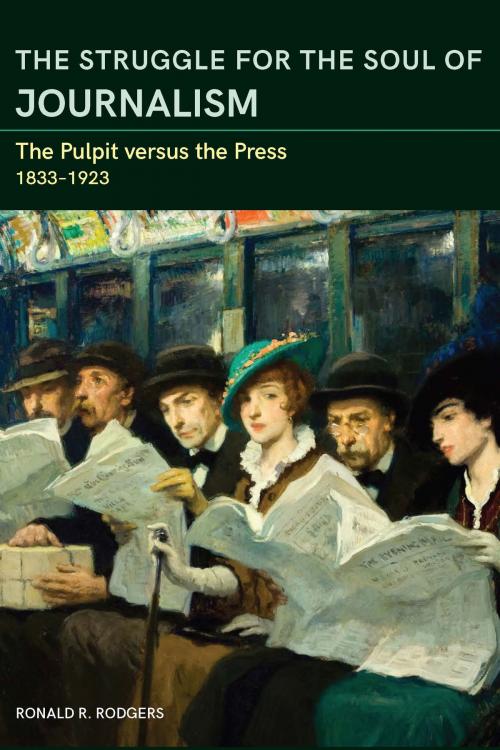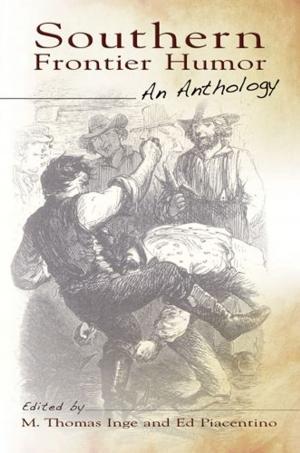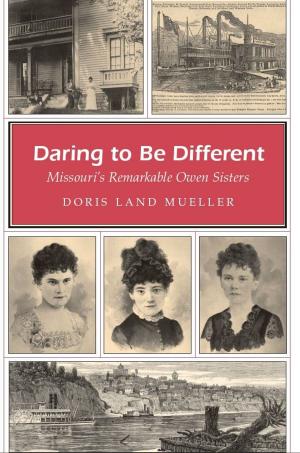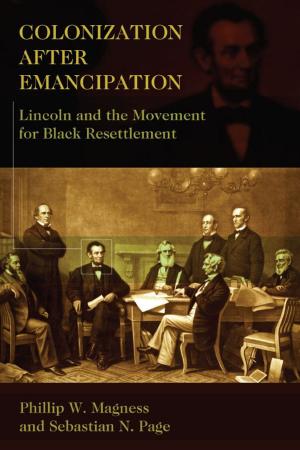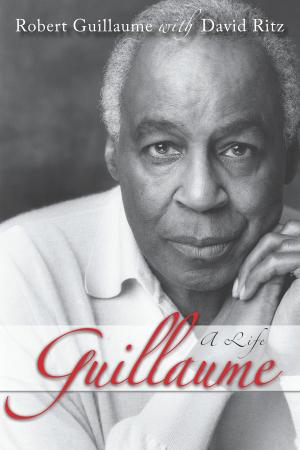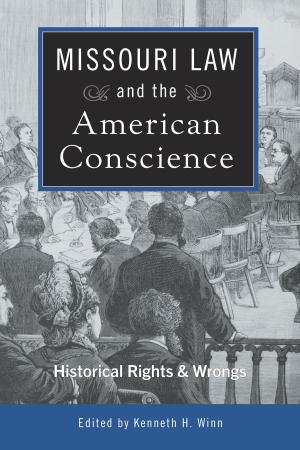The Struggle for the Soul of Journalism
The Pulpit versus the Press, 1833-1923
Nonfiction, Reference & Language, Language Arts, Journalism| Author: | Ronald R. Rodgers | ISBN: | 9780826274076 |
| Publisher: | University of Missouri Press | Publication: | April 30, 2018 |
| Imprint: | University of Missouri | Language: | English |
| Author: | Ronald R. Rodgers |
| ISBN: | 9780826274076 |
| Publisher: | University of Missouri Press |
| Publication: | April 30, 2018 |
| Imprint: | University of Missouri |
| Language: | English |
In this study, Ronald R. Rodgers examines several narratives involving religion’s historical influence on the news ethic of journalism: its decades-long opposition to the Sunday newspaper as a vehicle of modernity that challenged the tradition of the Sabbath; the parallel attempt to create an advertising-driven Christian daily newspaper; and the ways in which religion—especially the powerful Social Gospel movement—pressured the press to become a moral agent. The digital disruption of the news media today has provoked a similar search for a news ethic that reflects a new era—for instance, in the debate about jettisoning the substrate of contemporary mainstream journalism, objectivity. But, Rodgers argues, before we begin to transform journalism’s present news ethic, we need to understand its foundation and formation in the past.
In this study, Ronald R. Rodgers examines several narratives involving religion’s historical influence on the news ethic of journalism: its decades-long opposition to the Sunday newspaper as a vehicle of modernity that challenged the tradition of the Sabbath; the parallel attempt to create an advertising-driven Christian daily newspaper; and the ways in which religion—especially the powerful Social Gospel movement—pressured the press to become a moral agent. The digital disruption of the news media today has provoked a similar search for a news ethic that reflects a new era—for instance, in the debate about jettisoning the substrate of contemporary mainstream journalism, objectivity. But, Rodgers argues, before we begin to transform journalism’s present news ethic, we need to understand its foundation and formation in the past.
